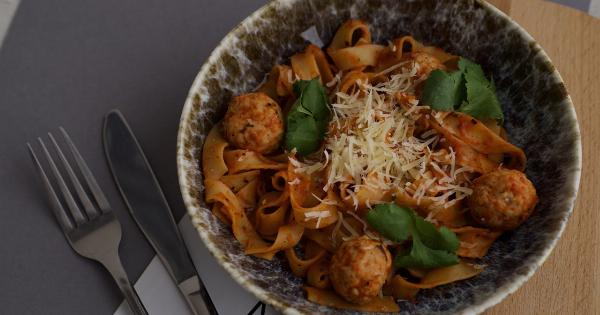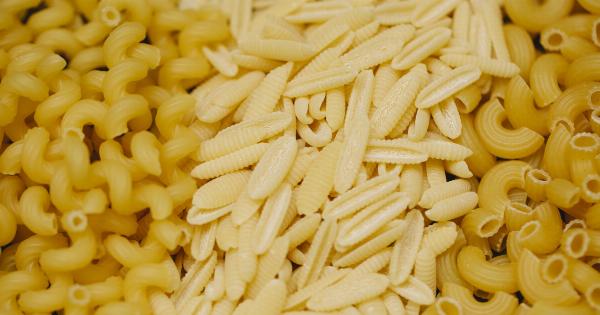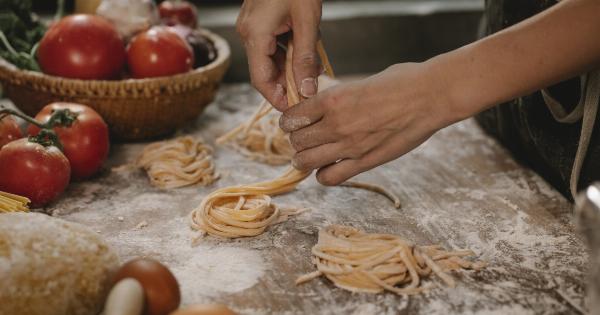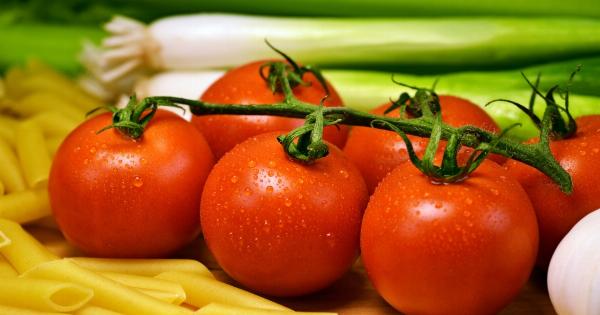It’s a well-known fact that Italy is home to some of the best food in the world. Italian cuisine is renowned for its rich and bold flavors, with dishes that are made using only the freshest ingredients.
However, even the most seasoned of foodies can admit that every once in a while, even Italians can slip up on their tastebuds.
The Importance of Quality Ingredients
One of the key elements of Italian cooking is the use of high-quality ingredients. From the olive oil to the tomatoes, the cheese to the prosciutto, everything that goes into an Italian dish must be fresh and of the highest quality.
It’s this commitment to using only the best ingredients that has helped make Italian food so popular around the world.
However, with the rise of globalisation and mass production techniques, it’s becoming increasingly difficult to guarantee the quality of all the ingredients used in Italy’s famous cuisine.
As a result, even the most authentic of Italian dishes can suffer from a lack of flavour and depth.
The Role of Tradition in Italian Cuisine
Another important aspect of Italian cooking is tradition. Italian cuisine is steeped in tradition, with many dishes and recipes having been passed down for generations.
It’s this sense of tradition that gives Italian food its unique character and flavour.
Unfortunately, some Italian chefs have been known to try and put their own spin on traditional dishes, often resulting in a loss of flavour and authenticity.
While experimentation is always welcome in the kitchen, there are some dishes that should never be tampered with.
Regional Differences in Italian Cuisine
Italy is divided into 20 regions, each with its own unique cuisine. From the seafood-based dishes of Sicily to the hearty meat and pasta dishes of Tuscany, the variety of Italian cuisine is truly astounding.
However, with so many different styles and flavours to choose from, it’s easy for chefs and home cooks alike to get overwhelmed.
Some Italian chefs have been known to mix and match regional dishes, resulting in an unpleasant mishmash of flavours.
While there’s nothing wrong with experimenting with different styles of cooking, it’s important to understand the origins of a dish before attempting to recreate it.
The Rise of Fusion Cuisine
In recent years, there’s been a growing trend towards fusion cuisine, with chefs from all over the world trying to bring together different styles and traditions to create new and exciting dishes.
While this can be a great way to explore new flavours and ingredients, it’s important not to forget the roots of the dishes being used.
Italian cuisine is a prime example of a cuisine that can be easily ruined by fusion techniques.
While it’s possible to create exciting and innovative Italian-inspired dishes, it’s important to remember that the original recipes must be respected and revered.
Conclusion
Italian cuisine is one of the world’s greatest treasures. From the humble pizza to the decadent tiramisu, Italian food is loved by people from all over the world.
However, even the most dedicated Italian chefs and foodies can slip up on their tastebuds from time to time. Whether it’s due to a lack of quality ingredients, a disregard for tradition, or an over-reliance on fusion techniques, it’s important to remember the roots of Italian cuisine when creating and enjoying dishes.
By following traditional recipes, using high-quality ingredients, and experimenting with regional styles and techniques, it’s possible to create authentic and delicious Italian dishes that will satisfy even the most discerning of palates.































